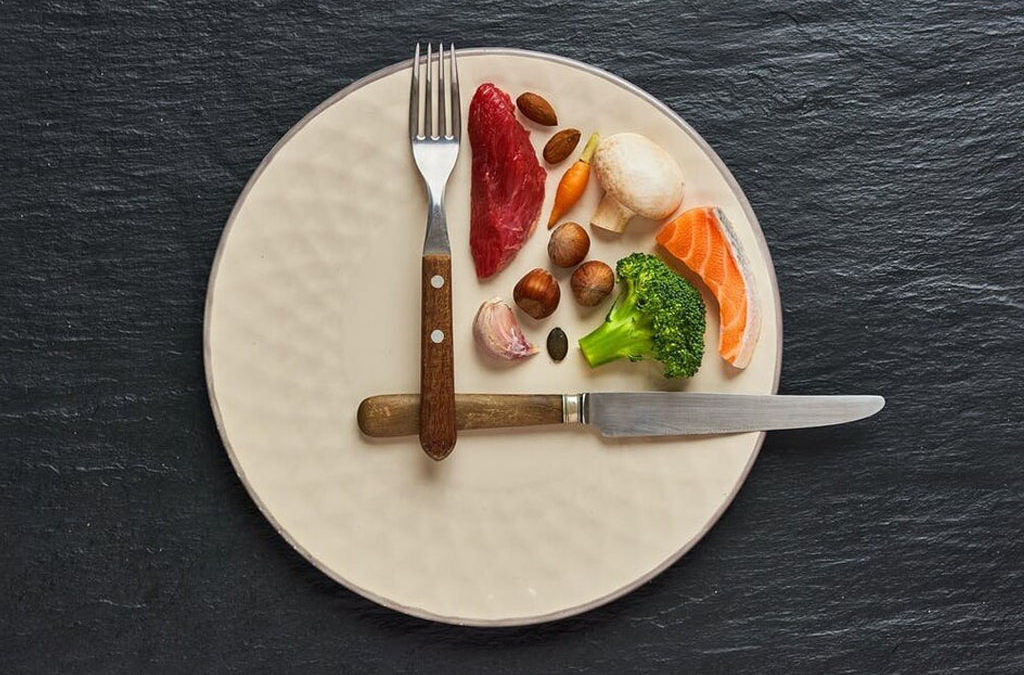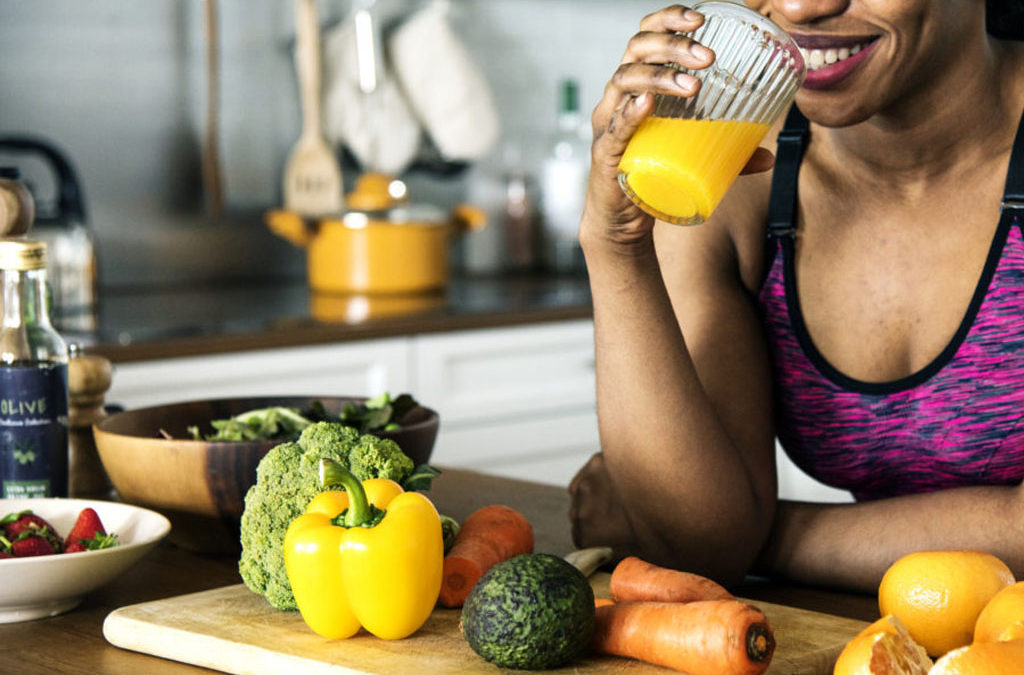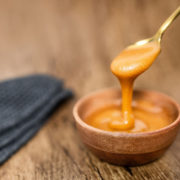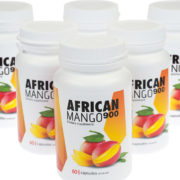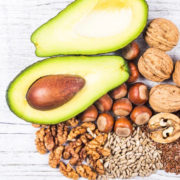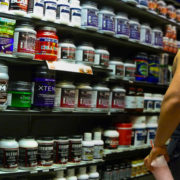Untold thousands of Americans report they drink these types of sports and health beverages for several reasons including enhanced immunity from illnesses, "better health," "energy" and due to the fact they substitute "vital nutrients." They have no concept of the calories, amount of glucose or the fact that the "energy" is due to high amounts of caffeine- barely healthy and positively not "natural." It all starts with misleading advertising: "Sports Beverages are great for you; the complete container has only fifty calories. That’s 1/3 of the calories in a bottle of typical soda." The problem is that it’s the portion that is fifty calories. Most sugar sweetened products are available in various size bottles. In the most frequent bottle, there are 2.5 portions, so the total calories of the jar are a hundred twenty five and the sugar contents will be 42 grms. Exactly how many people share their drink with two.other men and women? People spent 1 billion dollars on these items last year. How did all of this get started? Exactly what do these beverages do? What is the very best liquid to avoid dehydration? How Did this Huge Sports Beverage Belief Lead to Such Large Problems?
Scientists at the University of Florida in 1965 made use of the school’s football team to test a particular beverage these people had created to fight dehydration. The participants loved it. They named the sports beverage after the University’s mascot. After Florida defeated Georgia Tech 27-12 in the 1967 Orange Bowl, the losing coach stated to a media reporter: "We didn’t have the Gatorade". That made the real difference." And that was the beginning of the belief that has led to weight after pounds of weight gain for sedentary adults, kids and teens. Sports drinks are great for re-hydrating any person who is playing athletics outside in the heat that are more than 85 minutes, and involve high intensity and stamina. The words to bear in mind are: heat, outdoors, more than 90 minutes and high intensity and endurance. Sports beverages have no place for the majority of grown ups, kids or adolescents doing light-weight exercise especially inside an air-conditioned building, not sweating heavily, or doing no exercise all. In that situation, plain cool drinking water can be perfectly adequate and will not add hundreds of calories and cups of sugars. Drinking a 150 calorie sports drink, will take most individuals more than thirty minutes of walking to "burn off." If you drink it daily for 12 months, you will gain more than 20 pounds of excess fat.
Let’s face it, water might be good for a person but for many individuals it’s boring. But call it "vitamin water" make it in stunning pastel colors and call it "good for you" and "healthy," add as much sugar as in a typical soda and a whole great deal of caffeine and you get a success. The problem is almost everyone has more vitamin products than they require. Since the average American diet supplies the recommended dietary allowance of nutritional vitamins and minerals. In addition vitamins E, A, D and K do not dissolve in water and can only be absorbed with a food containing fat. So what’s the benefit of placing these into a bottle of water? To taste good, 32 grams of sugar- the same as a can of regular soda- is added. One of the concerns is fooling your self into thinking that drinking thirty-two grms of sugar is "healthy." The problem again like the sports beverages is not to be fooled by the "healthy" aura that surrounds them Look at the content label.


